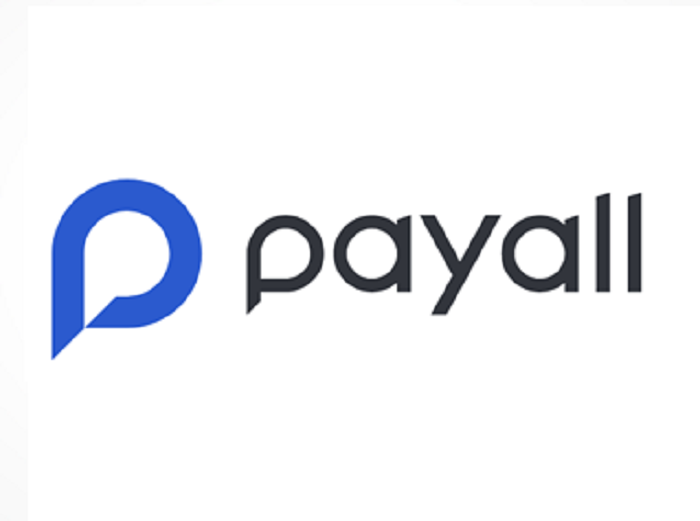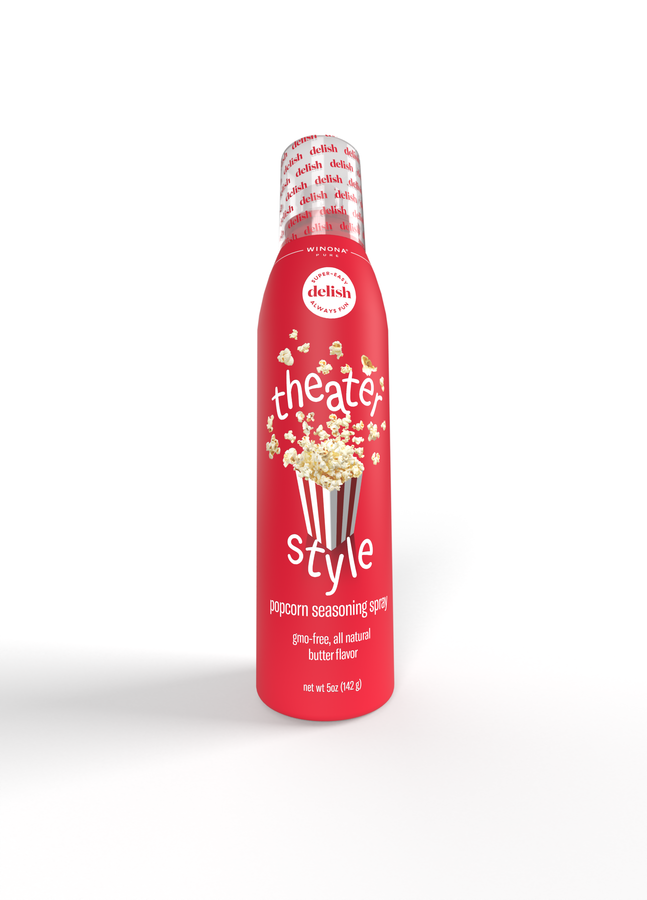Part of economic recovery involves keeping restaurant patrons safe by boosting public health and safety practices
SALT LAKE CITY, UT, April 29, 2020 /Neptune100/ — As the Coronavirus pandemic continues, the need for economic reactivation in America requires increased attention from all industries to maintain public health and safety.
As restaurants open, they should enforce practices ensuring the safety and confidence of patrons.
Bacteria have been shown to be present in excessive amounts on bare restaurant tables, even with regular cleaning, compared to tablecloths. Tablecloths provide a five-times-cleaner surface and are touched only at the corners by the server laying the cloth and by the immediate patrons. Bare tables can be a breeding ground for all types of microscopic bacteria. Hygienically Clean table linens minimize bacteria that put patrons at risk.
The Textile Rental Services Association’s best management practices help keep the dining public safe by raising restaurant cleanliness standards and inspiring confidence in the public. Our industry practices should be standard for any guidance released to restaurants and dining establishments. These include, but are not limited to:
• Hygienically Clean tablecloths, place mats and napkins should be used to reduce or eliminate disease transmission by touch. Replacing tablecloths between seatings ensures a clean and safe table. These products can also identify the tables to be used for social separation. Placemats can accomplish a similar result by seating guests further apart at the same table or counter. “Hygienically Clean Certified” commercial laundry standards minimize contamination risk.
• Hand sanitizer dispensers should be placed throughout restaurants for guests and staff to use.
• Reusable/washable face masks that meet CDC guidelines and disposable gloves should be worn by staff. Gloves should be changed out often throughout an employee’s shift.
• Commercial cleaning solutions should be used on all hard surfaces throughout the day, including entryway door handles, kitchen area and bathrooms.
• Staff should be given hygienically cleaned, commercially laundered uniforms daily such as, chef coats, cook shirts, pants and aprons to wear throughout their shift. This applies to takeout and delivery staff, as well as kitchen and wait staff. Research verifies the superior cleanliness and public preference for professional laundering of work uniforms. They should not be washed at home. Instead, they should be left in a bin at the restaurant to be picked up and commercially laundered. A clean uniform should be given out at the start of each employee’s shift, replacing the clothes in which they commuted to the restaurant.
As America starts to get back to business and dining establishments begin to reopen, providing the public with clean and safe dining establishments will be a key part of an economic recovery. Teaching and requiring restaurants to abide by these steps should be a cornerstone of this process.
About Alsco
Alsco is a fourth‐generation family owned and operated business, founded in 1889, that was recognized by the prestigious Hohenstein Institute for having invented the linen and uniform rental industry.
Celebrating 130 years of business, Alsco provides linen and workwear rental services to customers that include restaurants, healthcare, automotive industry and industrial facilities. With over 180 locations and more than 20,000 employees, Alsco provides world‐class service to over 355,000 customers in 14 countries. Learn more at http://www.alsco.com.




